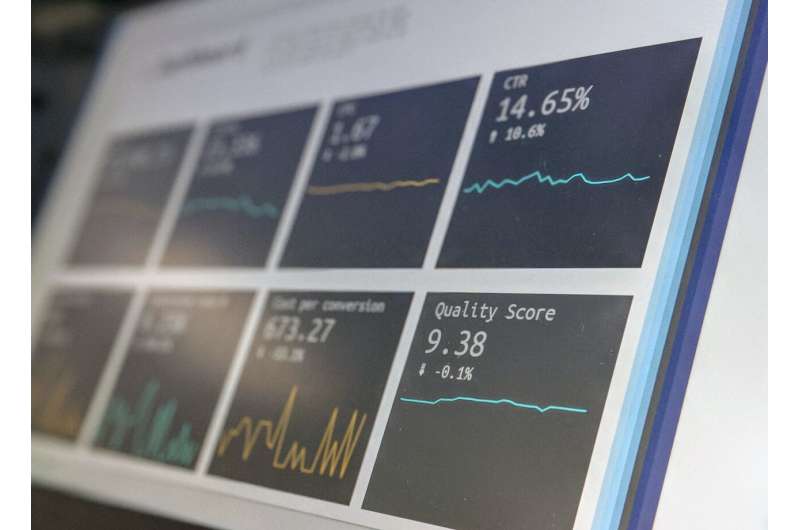Better semen analysis boosts pig production

EU-funded researchers have developed an innovative automated seminal quality system (SQS) to rapidly and reliably analyse semen samples and increase production and profitability of pig farms.
Artificial insemination (AI) centres are seeking to improve pig reproduction rates through a faster and more reliable system for analysing the quality of boar semen. Higher pig fertility rates could help farmers meet the increasing demand for pork and help feed a growing global population. According to the Food and Agriculture Organization, global meat production and consumption will rise from 233 million tonnes in 2000 to 300 million tonnes in 2020.
Successful AI depends on several factors, but the most critical is the determination of semen quality, as current methods are neither efficient nor practical. The Horizon 2020 project SQS addressed this challenge by developing an automated system for optimising sperm dose production, reducing analysis time and ensuring the correct level of semen quality.
Fast, accurate analysis
The system uses fluorescence to determine the three main factors affecting sperm fertility: viability, concentration and morphology. It also automatically calculates the volume and the number of doses needed in under two minutes. "The ease of use and the automated process enables AI centres to produce doses that guarantee a high level of potential reproduction," says Dr. Rosa Planelles, project coordinator and R&D manager of the SME Zoitech lab.
SQS is the ultimate technological AI tool for semen quality analysis in the pig farming industry. "It is the only system that offers an accurate automated analysis on the quality of the cell membrane using an easy to handle dehydrated staining system, providing immediate results," explains Dr. Planelles. "SQS device, SQS kit and SQS lab integrate [for] the SQS system, which has been validated, both by experts and by end users, during the project," she adds.
Results' reports are stored on an automated database system, which enables specific data selection, data filtering, and improves the decision-making process. Moreover, it allows users to store and share data with other systems at different locations.
Big benefits for farmers
Researchers aimed to provide a breakthrough solution, enabling the pig industry to upgrade farm production capacity by increasing efficiency in swine reproduction processes by at least 15 % and reducing costs by 50 %, thus boosting profits. "The SQS system represents the best technological tool for the artificial reproduction and farming industries as it does not require training or calibration because it uses a pre-dye support for easy and cost-effective identification, enabling the automatic counting of samples," comments Dr. Planelles.
The tool is suitable for AI centres managing over 100 boars that are fully dedicated to producing and characterising pig semen for sale to farmers. It is also suited to different sizes of pig producers, who wish to analyse the semen quality of their own boars and boost pig reproduction.
SQS is already helping farmers and experts in artificial reproduction by providing fast and accurate quality seminal analysis in the pig farming industry. "The device can rapidly obtain reliable and accurate results regarding semen quality, and reduce the workload associated with data input and analysis. It also reduces errors and the misinterpretation of the results and facilitates decision making," Dr. Planelles concludes.
Provided by CORDIS
















